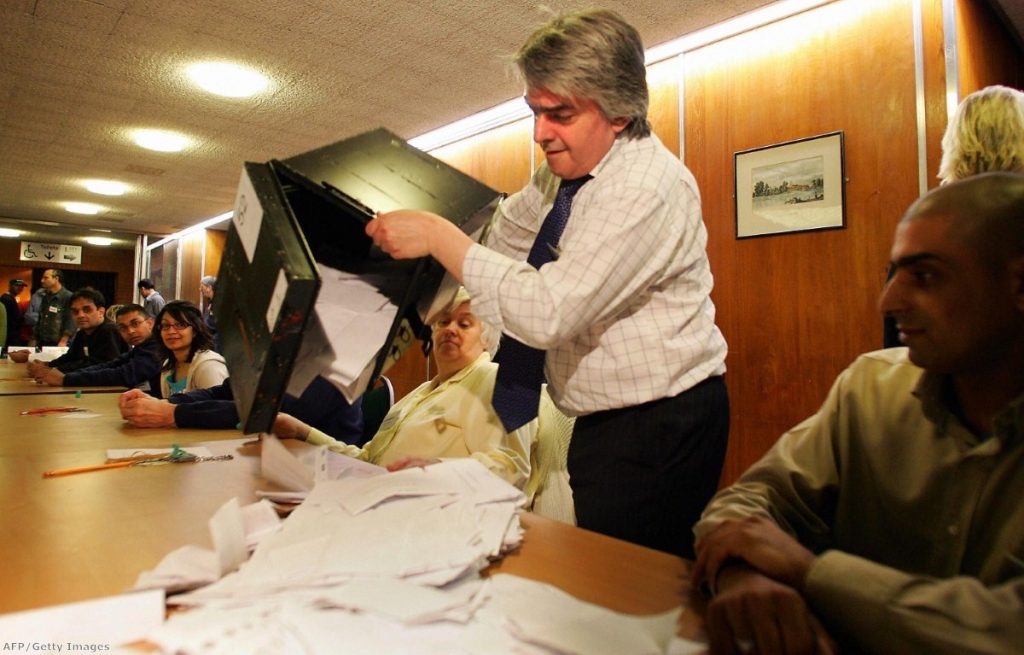Boundary changes: View from the opposition
Being in opposition is always hard. When you're opposing a coalition hell-bent on securing partisan advantage from constitutional changes, it's even harder.
This is the task faced by Wayne David, the shadow constitutional reform minister, who has been making his views about the coalition's overall agenda very clear.
Boundary changes are now being lumped in as part of the coalition's broader constitutional calculations – its fate seems inextricably intertwined with that of Lords reform. But that doesn't mean arguments about the validity of the reform are no longer relevant. With both MPs and peers needed to rubber-stamp the changes at some stage next year, the debate over the validity of the government's changes is still alive.
"It's about the nature of representation and representative democracy," David says. Parliamentary constituencies have always been based around particular places. This is a two-way process, making it easier for MPs to represent their constituents and making constituents feel better represented by their MP.


David feels this especially keenly, as he represents Caerphilly and a large part of the Rhymney valley. "In many parts of the country MPs of all parties feel they're representing distinctive community identities," he says. This will all change under boundary changes, which David says is an "important and regressive" shift. His own constituency will be cut in half, with the heads of the south Wales valleys linked together and the southern half stuck in with northern Cardiff – and "a great big mountain inbetween".
Keeping that link between local community identity and the politician that represents them is not viewed as critical by all. Some argue that even under the 2010 boundaries the necessary dividing of cities like Birmingham into multiple seats makes such distinctions meaningless. Others insist that, ultimately, most people don't care – and they'd rather stick to the principle that, by keeping constituency sizes as similar as possible, they make sure one person's vote isn't worth more than another's.
"It matters perhaps more now than ever before," David insists.
"We've seen generally an erosion of class-based politics. I think people do feel a sense of being footloose these days – not having any firm links, volatility in terms of job security, in terms of globalisation, and I think people are very much looking for anchors which we can link their sense of identity. That's why I think it is really very important that elected representatives are in a sense an articulation of local communities."
David accepts that such theoretical arguments are not likely to weigh as heavily in MPs' minds as their own survival prospects. The government has the power of patronage to help ease the passing of those whose careers are deemed to be over. But will that be enough?
"Common sense will prevail," David says hopefully. It may not be enough.









